
Let's talk about Step 7 in Alcoholics Anonymous, "Humbly asked Him to remove our shortcomings". My name is Jerry Banfield and I'm an alcoholic. I'm grateful for five years of sobriety and this is my experience and understanding of Step 7.
The key with Step 7, is that we're asking as an equal to being free of our character defects that we've identified in the previous steps.
What does that mean? That means a prayer for something like this:
God, please remove our shortcomings, God, please make me see all of the defects of character are assets that you can use to allow me to help another person, God, please let me be the person you see me perfectly as, God, please let me see myself how you see me, God, please let there not be any you and me any more, but just one, peace and joy.
The key with this step is that we ask as an equal, that's what humbly means to me. That means I'm not groveling to God —Oh please, please free me from my shortcomings. I'm not worthy— Or I'm also not trying to demand like —Hey, listen that you're going to do this just how I tell you— it means as an equal.
Asking as an equal here is key that I am worthy of being the best I can be, I am able to help other people best when I am free of ideas of defects and shortcomings.
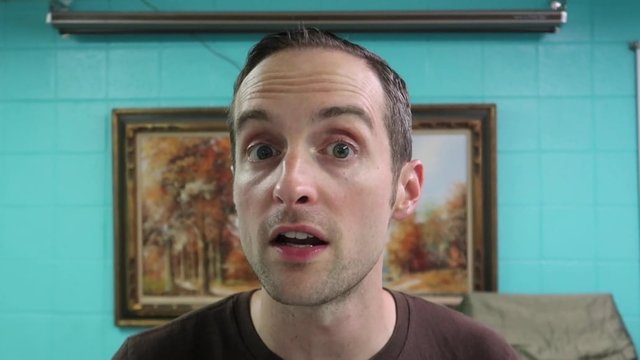
If you find anything helpful, will you please subscribe on YouTube and help us reach 500k subscribers?
I value any comments or feedback you have on this video. Your contribution means a lot.
When I'm free of criticism, and judgments of my imperfections.
This helps me to ask with all my heart to ask without reservation, we've gotten here, by going through the previous Steps in AA of especially Step 4, and Step 5, getting to really look at ourselves and seeing —Whoa, there's a lot more than a drinking problem going on here—
Step 6 is where we start to see, —Okay, I'm willing to be free of all this stuff— and then in Step 7, we take the action, say, whoever you want to pray to, or just set your own intention that —I intend, I am free of all defects and shortcomings—
Especially if somehow you've gotten this far, and you can't stand the idea of God or any of that gets you confused with religion.
Just set it as an intention. I am free of all my defects and shortcomings.
There's a part in the Big Book of Alcoholics Anonymous that says, "God does not render us and keep us white as snow without our cooperation". That means one week of cooperation, we are rendered white as snow, we are free from our defects of character, we can fully help another person.
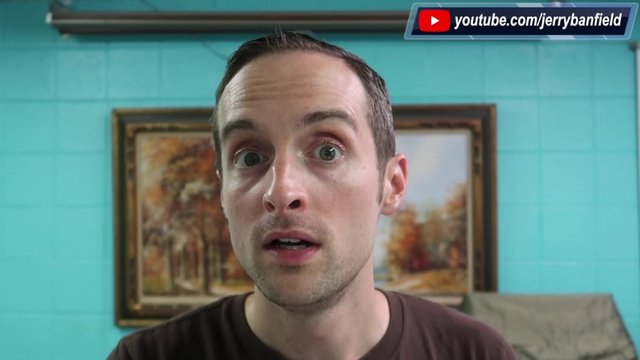
This doesn't mean that we're instantly just shaped into something we don't recognize, it means suddenly, we see that our defects of character like selfishness, self-centeredness, suddenly, we see that we have so much experience with selfishness and self-centeredness, that we can help someone else to transcend their selfishness and their self-centeredness.
Every incursion or every time we see some selfish interest or self centeredness come up again, we're brought back to Step 7 —God, please remove my shortcomings. Please let me see myself free of any defects from character I am perfectly created today—.
If you don't want to bring God into your Step 7, another way is to set the affirmation. "I am perfect today, I am free of character defects, I am free of shortcomings".
And suddenly the ideas we have in our mind about who we are, start to change.
That's where the miracle happens that prepares us to go forward and fix our relationships with other people, which ultimately, is a big part of the cause of many of our drinking.
When I have healthy relationships, and I feel connected with everyone, I am protected from the obsession to drink.
If I'm mad at my mother and I'm frustrated with my wife and the President's bothering me or whatever it is, then I'm very vulnerable to a drink in that state because my relationships have become damaged.
When we reflect on what's really important in our lives, it's our relationships with other people that really give our lives a meaning.
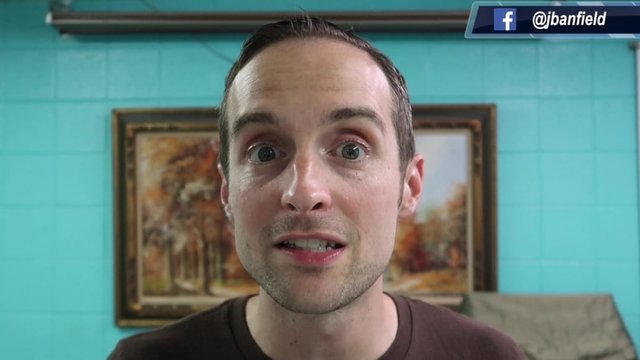
I've accomplished a lot of things in this body's 35 years, I've got tons of A's on report cards. I've got a master's degree, I've got a bachelor's degree, I've graduated from high school, I had my dream job as a police officer, I made it through corrections.
I have a wonderful wife. I've got two children I love, I've got so many friends in Alcoholics Anonymous, and everywhere else, I've got so many followers online.
I've accomplished things like I've got the world record on one of the zombie maps, I got on the leaderboard, and only lasted for a little while, but I was number one in the entire world and from a video gaming point of view, that is pretty awesome.
But what does that mean? Which things are really important in my life?
When I contemplate the end of this body's life, when I contemplate losing everything and forgetting everything, which things do I treasure the most?
Those are the relationships of other people.
When I'm in my moments of being the most vulnerable, which are often the crying and most joy, I think of all the memories with the people in my life I loved. I think of the time with my family growing up with lots of those memories. I think of all the times with the family I have now, with my wife and two children, I think of times with my friends.
I don't ever think of things like video gaming achievements, I don't ever think of things like my bank account statement, I don't ever think of things like my reputation, or a newspaper article, or YouTube videos, I don't think of any of that other stuff.
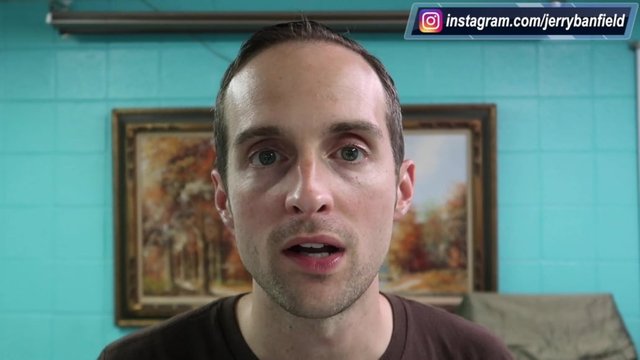
I think of the things that are in relation to other people, the memories I have with other people, and one, we are willing to get our shortcomings removed.
When we ask —God, please, please, remove all my shortcomings— or we affirm as —God, I am free of all of my shortcomings— then we are ready to fully embrace and be a part of all the relationships in our lives and that's what the rest of the steps are about.
Step 8, we get ready to make amends to all the people we've harmed and to fix all those damaged relationships.
In Step 9, we get to work fixing all our damaged relationships.
Step 10, we note any new damage, and we know things we're doing well and we promptly address it as needed, whether it's congratulating ourselves for doing better. Or rather, it's noticing, -whoa, I just said something mean to my wife, let me fix that.
Step 11, then we stay connected. See, when we have great relationships with other people, we feel this connection, we feel the higher power in our lives on a daily basis.
We feel a god we know God first hand, we don't need to believe anymore. We feel.
We've experienced through our relationships, we are led into conscious contact with God, we're inspired to keep that going, to keep praying, to keep close to God, to keep strong in our faith.
And then that's our spiritual awakening, —Wow, I have a life filled with people that I love and that love me— and I want to help everybody else that is interested in having that kind of life to receive it.
Step 7, is right in the core of this right in the middle. Because when the defects of character are in place, it blocks our ability to go and help other people.
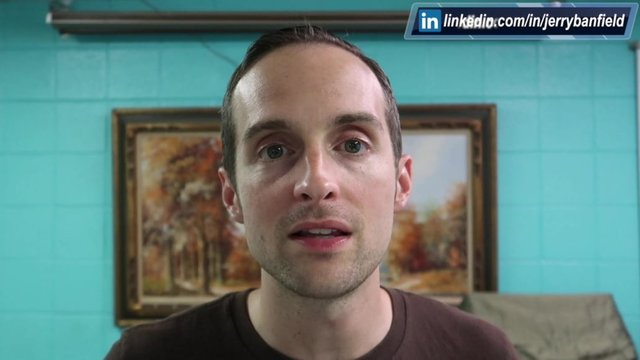
When I'm only thinking of myself all the time, how am I going to think of the people I've relationships with to help them be their friend? My wife said her love language is being thought of.
Someone else said that that's everyone's love language, everyone's love language is being thought of and that means if my self centeredness is in place, it's up to me to identify that and then…
…because you through Step 6, be willing to say — I'd like to be free of this — because I can identify it, but just say —Well, this is who I am, I think about myself all the time, I'm depressed this who I am—
If I'm depressed, I'm thinking about myself, because I've never depressed when I'm thinking about other people and not thinking about other people like what they didn't do for me or what they should have done that they're not doing or what they are doing that they shouldn't be doing.
But what I'm thinking about how can I help someone else? How much do I love other people? I'm never depressed in that state.
Depression to me is a function of selfishness, self-centeredness.
This is, ironically, why it seems like a lot of people don't want to give up depression and don't identify that as a character defect.
Thus, when I identify and I see it, then it's up to me, it's up to me to say — God, please remove all my shortcomings. Please remove this depression or transform it into something that I can help —
Maybe the depression won't go away. But suddenly, when somebody else says that is depressed, and I can understand, I understand and I know my depression will pass. Do you know if your depression will pass?
Even in the states that look like a character defect, I often can help people directly from there, as long as I'm willing to see my own perfection and the perfection of others that keep humbly asking.
When I first took these steps, I kind of glossed over Step 6 and Step 7, I went straight into the inventory and straight into the making amends.
That was a painful way to do it. Because I didn't stop and look at all the things I wanted to be free of and ask God to be free of those,
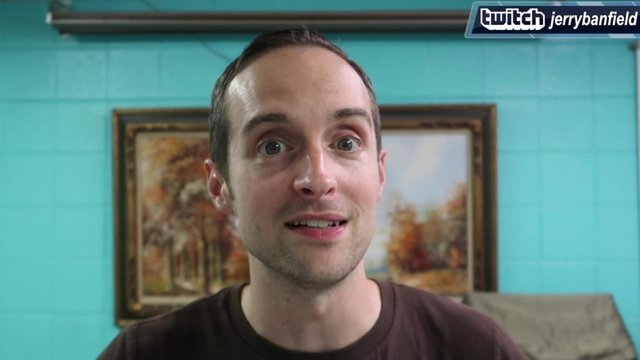
I went and made amends while I still had a bunch of character defects I wanted to be free of, like selfishness.
I went around and tried to just feel better instead of thinking, well, how can I really help make this relationship right?
Just by making an effort and yet today, I keep coming back frequently to Step 6 and Step 7. Because when you identify something in Step 10, and you say, —Oh, I was nasty to my wife, again—
Am I willing to not be nasty to my wife? Am I willing to see what my life is like, without reacting when my wife says that?
— Yes, so how do I get there?
—God, please remove this shortcoming, please let me remember that I love my wife— That goes right back to Step 7 for me, sometimes my working Step 7 is saying, —God, please help me remember that I love my wife— Because I'm in the middle of a character defect.
For me, often things like anger, judgment will pop up a lot and I'm judging, I'm judging —God, please. Let me remember I love my wife— That's letting me be free of any shortcoming that I need judgment.
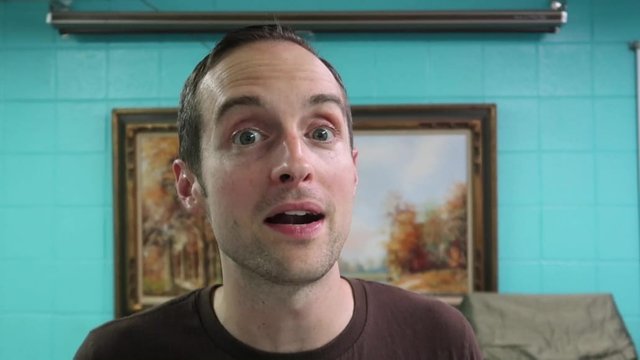
Because when I remember I love my wife, I love her as she is not as she could be or, as she should be or, she might be.
God, let me remember I love my wife, I love my wife, I love my wife now. God let me be free of all my defects of character, remove our shortcomings when seeing them return. I do love my wife, It's okay, what she said she doesn't need to apologize for what she said, I love her as she is, with all the things she says.
I'm choosing to be here in this relationship, I love this relationship, I treasure it and I'm free.
I'm free from my shortcomings of judgment, of criticism of self-centeredness.
In fact, when you really work Step 7, often the perspective changes and you instantly see where you went wrong, where I went wrong —Oh, you know, my wife wouldn't have said that if I hadn't said that first, all right, well, let me tell her that and say, Look, excuse me, I'm sorry for when you said that I said this—
I'm intending to be free of that, I'm intending to receive everything you say and love and not get triggered when you say something that wasn't meant to hurt me and I got hurt and tried to hurt back.
When we have great relationships with the people around us, then staying sober is pretty easy on a daily basis.
It's when we're all disconnected from others, then we don't feel God.
To me, God is just everything, God is who I am, God is who you are, God is everything. If you can show me somewhere that God isn't, then to me that invalidates the whole idea of God God is everywhere and everything.
God is either anything or nothing as it says in The Big Book of Alcoholics Anonymous.
I appreciate you reading about my version of Step 7 in Alcoholics Anonymous, "Humbly asked Him to remove our shortcomings".
I hope this is helpful for you to to get my understanding of Step 7 to hear how I practice it.
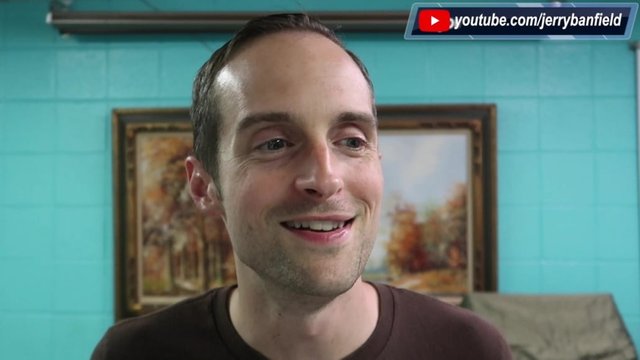
Rather, it's praying to god to remove our shortcomings or pray to go through the day with some grace and handle the challenges with some dignity.
Praying to remember God throughout the day, praying to remember I love my wife when my mind is racing insane and —she's wrong and she shouldn't have— praying to remember I love every in AA when they've said something I don't like and they're not doing it right and they're not working and have a good enough program.
I'm honored you got to the end. I would love to hear your feedback.
Seeing the likes on the video is really helpful, reading your comments, especially if you got all the way to the end. I love seeing the comments from you.
You can also follow me on Facebook, Instagram, Twitter, and Linkedin.
I love you. You're awesome. I have an Alcoholics Anonymous playlist that's got all my AA videos on YouTube and I'll see you in Step 8.
Love,
Jerry Banfield
Posted from my blog with SteemPress : https://jerrybanfield.com/aa-step-7-humbly-asked-him-to-remove-our-shortcomings/
Its good to not be drunk all the time, good work Jerry
Downvoting a post can decrease pending rewards and make it less visible. Common reasons:
Submit